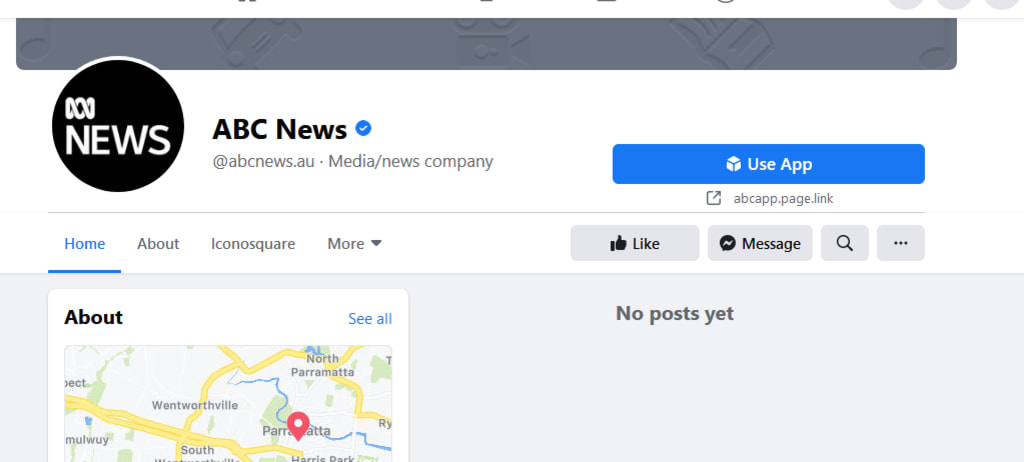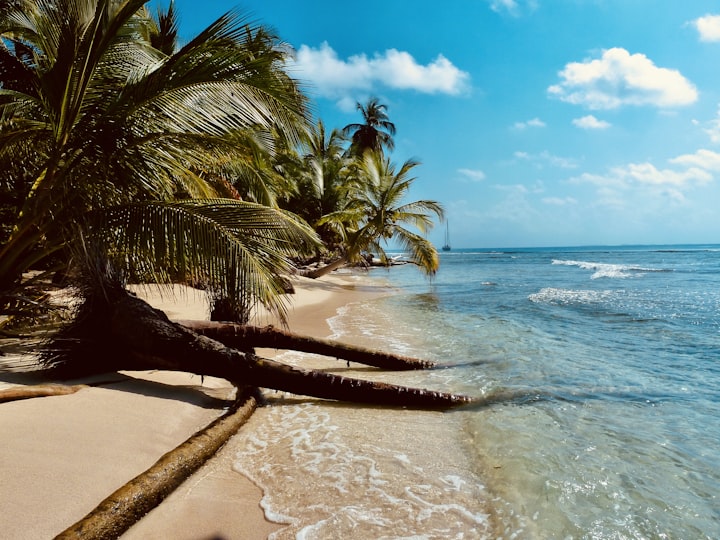When Facebook Unfriended Australia
The day the news died

Okay, Facebook didn't totally unfriend Australia, but it has taken action to prevent Australian news groups from sharing information on Facebook. It has also blocked news posts from international Facebook news pages being viewed by Australian users. In the move, other pages were inadvertently stripped of information - these included Government departments and some politicians. Services have now been restored to groups including DFES - the Department of Fire and Emergency Services. DFES is one of the agencies responsible for alerting Australian's to bush-fires and other emergencies including flooding and cyclone alerts.
The argument between Facebook and the Australian Government is essentially about money. The Australian Government's proposed Media Bargaining Law would require Facebook to pay for news posts. Facebook claims that free posting of news by media groups provides these groups with numerous advantages - including monetary ones. I do not propose to engage in the dispute - I'm content to leave the giants to battle it out. I'm more interested and concerned with the impact of the news blackout on everyday life in Australia.
The earlier and inadvertent blocking of sites such as DFES had the potential for far-reaching consequences. DFES does not rely entirely on Facebook to alert residents to the danger of bush fires and other emergencies. It is just one of the many communication channels used. In the event of a bush fire emergency (where lives and homes are at risk) rolling media coverage is provided by radio. The DFES website also gives regular updates and SMS phone alerts are sent out to subscribed users in affected areas. However, given current reliance on social media, it's possible that some residents could have missed key information necessary for their survival. Bush fires are prevalent in Australia and can be unpredictable and fast moving. They can change direction rapidly, and jump fire-breaks, roads and water courses. Fortunately, no fire or other incidents occurred during the time the DFES Facebook page was affected.
As an Australian, I have come to rely on the Facebook pages of local, national and international newsgroups for instant reporting of unfolding incidents and events. Breaking news has often first come to my attention through Facebook. This is no longer the case.
Information about local incidents - in my rural location - is not widely reported. In the past, when helicopters began flying overhead, most probably on a search and/or rescue mission, it was easy to tap into the Facebook page of the local paper for more information. Living as I do, near a wild and windswept coastline with treacherous seas, there are tragedies. Fishermen swept from rocks, injured bush walkers or climbers, missing boats. The local paper is available online only via a subscription service, and is published in print twice weekly. Only some of the local news is broadcast by state and national media.
Over the last year, during the Covid pandemic, regional news services - including those associated with the Australian Broadcasting Commission - have posted social interest stories and videos. Many of these don't make it into news bulletins. They are stories about local identities and activities. ABC Great Southern posted videos of people lining the streets to show their respect after the passing of a WW2 Veteran who, while a prisoner of war, was engaged in building the Burmese Railway. They also showed video commemorating the life of a career fire-fighter who passed away during the Covid lockdown. A local 'extreme' fisherman and somewhat nomadic Tasmanian pianist were also featured. These stories have no doubt been helpful to many during social isolation.
I'm sure Australians will survive and adapt - we're good at doing so. Media groups and news agencies have websites which can be freely accessed for news and information. Free to air television and radio give regular updates on state, national and international events. But I think we will miss the local story-telling. News items not considered worthy of wider broadcast, the minutiae of local lives and personalities. The stories that bind us together, that comfort us in times of enforced solitude and make us a community.






Comments
There are no comments for this story
Be the first to respond and start the conversation.